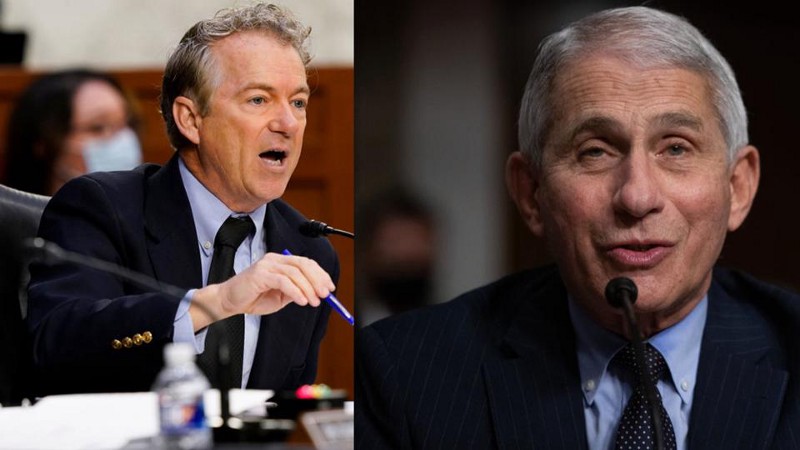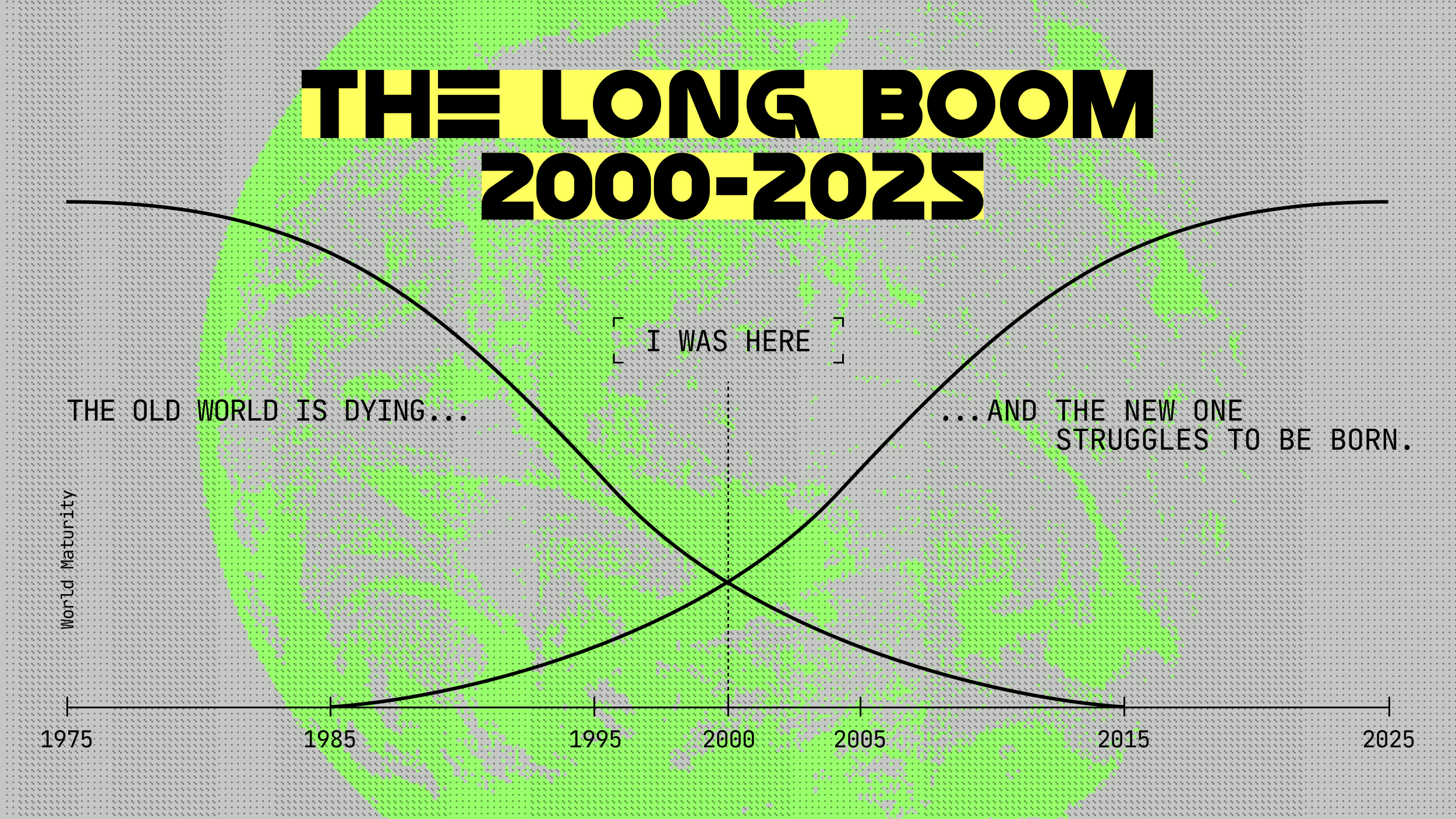With magazine sales plummeting and alternative, privately-funded publications on the rise, Harriet Mays Powell discusses the future of the behemoth glossy.
Question: Is there a future for high-end, alternative fashion magazines?
Harriet Mays Powell: Do I think they are going to be successful? No. I don’t. I think in this economy, and the survival of print journalism holding on, only the strongest will survive, and I’m afraid that these peripheral publications just don’t have the support of the advertising community, they don’ t have the circulation to be able to withstand the kind of pressures that are going on now in print journalism. Do I think they add something? Yes, I do. I think that they add a non-mainstream point of view. I think they’re freedom to be as aggressive and shocking [in a way] that some of the more mainstream fashion publications cannot do given their size, given their readership. They just aren’t permitted to have that kind of aggressive artistic point of view. Yeah, I think it’s great. In an ideal world it would be marvelous if everyone could exist and hold on and we could have choice and point of view from all areas in journalism, particularly in its conversation about fashion. But I don’t feel that they are going to be able to really survive. But Conde Nast, the great Conde Nast publishing empire has indeed launched Love in the United Kingdom, and that is, again, Katie Grand is the Editor-in-Chief and that comes from that world of niche, slightly alternative fashion publication with a point of view. So, it will be interesting to see even with the large support of Connie Nash behind it how that will survive. You know, I have my fingers crossed, but I have my doubts as well.
Question: How does New York Magazine’s approach to fashion differ from Vogue’s?
Harriet Mays Powell: Great question. Yeah. I think under the marvelous leadership of Adam Moss, the Editor-in-Chief, we have tried to position our fashion with a different angle. We’re not trying to be Vogue, we’re not trying to be a kind of second best of one of the big fashion titles. I think we approached our Fall issue in a vernacular and it ‘s actually comes from our spin-off publication that’s temporarily on hold called Look, where we took the ideas of the collections, we extrapolated those, curated them, blew them up and I think in a very graphic, fun, exciting way added that to some really strong written features about the fashion industry and then combined that ultimately with an extraordinary photography portfolio by some of the world’s leading photographers of some of the worlds best photography agencies, and created, I think, a very compelling triad between the features, the Trends section, and extraordinary photography portfolio. I think a great combination of originality and point of view of the season, and really singing to our [own] drum. And I think it’s really puts us apart, we stand apart in a way that I’d like to think we do on a regular basis. And it's also that great freedom that we can do it our way and I think in these times, we are trying to be smart and appeal to the reader, appeal to the advertising community, appeal to the designers and everybody out there in the consumer in a way that makes you take note. And I hope we’ve succeeded. I think we have.
Question: How important is your online content?
Harriet Mays Powell: One of the great advantages we have is we do a spring and a fall issue for the moment, and we do lots of online. And if it’s all about thigh-high boots and big shoulders, we can say that with great conviction and we can say it loud and we can say it proud, and I can talk about the trends of the season in a very powerful and immediate way. When you’re a monthly publication and you’ve got three to four months where you’ve got to talk about a season, by virtue of that, you’ve got to hold on to your information. You can’t give it all up in the August issue; you’ve got to slowly seep into what the season is about. Give everyone a taste and even some stories start in June, July, and then of course August, and then hold your best stories for September, and continue on in October because that issue comes out actually in the middle of September just when you’re starting to think about Fall. So, those big behemoths, those big monthlies like Vogue, and Elle, and Harper’s Bazaar, can’t say here are the 10 things you need to know, her are the 15 items, this is what we love, this is what we love from the shows, here’s the color you gotta have. They have to be a much cagier, quieter, subtler, point of view. And they do it through stories—longer stories where we now say it in a much more brutal out there, slightly more in your face manner which I think is fun and contemporary and of the times and again sets us apart as not being a sort of sloppy second version of those guys.
All of that saying, Vogue does have the power to do those beautiful stories. If anyone has seen the September issue that Grace Coddington and her teammates do. And all the power to them. That’s their world, that’s their vernacular, that’s what they can do. They’ve got the resources and the history to do that and I hope they continue to do that, we just do something else which I think is interesting, equally as compelling, but sets us apart.
Question: Is the Vogue model still relevant?
Harriet Mays Powell: Yeah. I think it will be relevant for Vogue and some of the other ones that survive. I do think there is going to be some attrition and that there will be a whittling down and only, again, it’s a little bit Darwinistic, these times, it’s survival of the fittest and I think Vogue will survive, and some of the, like the great fashion houses. I think the great classics will, but I think some of the peripheral players will have a hard time trying to hold on.
Question: How are you different from Anna Wintour?
Harriet Mays Powell: God, I have enormous respect for Anna. She has been running Vogue with an iron fist for 20 years. She is the industry leader, not only in the publication, but she is the strongest, most powerful person in that industry. I’m always amazed at her ability to turn—six months there was a conversation that Anna might be getting too old and losing her job and that just suddenly morphed into a 60 Minutes profile and then this movie, and so Anna goes from what’s perceived to be, you know The Devil Wears Prada, that just elevated her into the public domain and even a larger place. So, she’s got a miraculous way of turning all of this press, sometimes negative into a positive for her. So, an enormous respect for Anna, what she does. What she has done to Vogue, what she continues to do for Vogue. And may she continue to hold on to that and to do it as well as she does. It’s clearly a formula that works, she’s an iron point of view, she is very decisive, I think her editors respect that, she doesn’t waiver, she’s got a very clear vision on what an American woman wants and what Vogue should be. That’s great.
I’m a different kind of fashion editor. I look at fashion, not that I don’t take it any less seriously, but it gives me great pleasure to buy a beautiful dress, to see a beautiful collection, I get very excited. In that very personal way that fashion can move you. I love clothes. And I was the girl in school that loved clothes; I bought too many clothes, I still love clothes. I like the pleasure that clothes bring. I like to see them on the page. I love to photograph them; I love to buy them for myself. So, to me, I certainly don’t want to compare myself to Anna, but we are very different animals. I look for the pleasure in fashion and how to have a good time doing that. I have the best day job on the planet. I get to look at beautiful things, look at beautiful girls, talk to designers about creativity; pick things that I just happen to think are fantastic. I mean, God, it’s an enormous luxury to be able to be surrounded by craftsman who are involved in beauty and what is beautiful and to get that vicarious thrill of seeing something and wearing it or shooting it and putting it on. So, I’d like to be able to always hold on to the enormous fun that fashion provides. It’s intelligent, the designers are very smart, these are big businesses, this is a huge industry, it is totally not fluff anymore, anyone’s perception of that for sure and there are many, many smart people that are in this industry. But I do think that one of its great lasting things is the great pleasure that it does give in all of the levels that I have described and that’s why I still love it.
Recorded On: September 22, 2009





